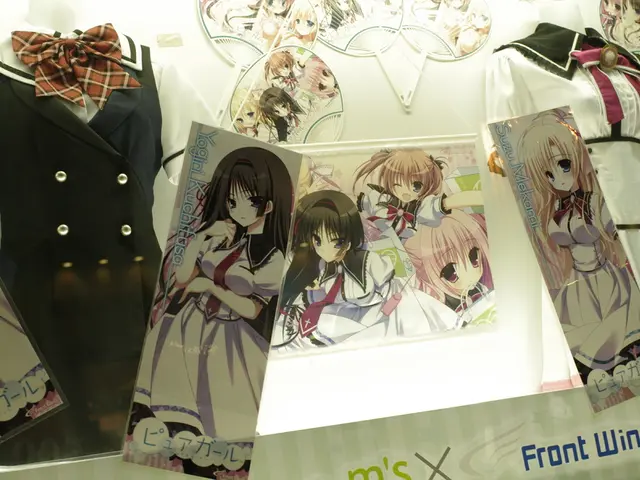Breaking Down Handheld Gaming PCs: Linux vs Windows
Portable Gaming PCs Face Windows Predicament - A Potential Solution Soon?
The landscape of handheld gaming PCs is shifting rapidly, with Linux-based systems, like SteamOS, outperforming Windows-based ones in numerous aspects. Let's dive into the key differences between these two operating systems on these devices.
Linux-Based vs Windows-Based OS: A Comparison
| Aspect | Linux-Based OS (SteamOS) | Windows-Based OS (Windows 11) ||--------------------|---------------------------------------------------------------------------|-----------------------------------------------------|| Performance | Offers superior gaming performance, as reported in recent benchmarks [1][2] | Known to be slower and less efficient for gaming on handhelds [1][2]|| Battery Life | Provides significantly better battery life, due to lightweight design [1] | Typically offers poorer battery life due to resource-intensive nature [1]|| Compatibility | Rapidly improving compatibility, except for certain anti-cheat and proprietary software [2]| Broadest compatibility, especially for productivity apps and peripherals [2]|| User Experience| Tailored for gaming with a streamlined interface | Less optimized for handheld gaming, but flexible [1]|| Security & Privacy| Offers more control and openness, albeit with less centralized security updates [2]| Centralized patch management and security updates [2]|
Implications for the Future of Handheld Gaming PC Software
- Prioritizing Gaming Performance: Linux-based systems are maturing as options offering superior gaming performance and battery efficiency, attracting users seeking optimized handheld gaming experiences [1][2].
- Ongoing Support from the Community: Open-source communities and OEMs are developing Linux-based distributions (like Bazzite), which improve compatibility, narrowing the gap in app and hardware support [2].
- Balancing Productivity and Gaming Focus: Windows remains a popular choice for users who want to use their device as a general-purpose PC, thanks to broad software compatibility and peripheral support. However, Linux-based systems are steadily narrowing this gap [2].
- Market Dynamics: Continued investment in Linux-based solutions might further erode Windows’ dominance in the handheld gaming market, but major players like Valve reducing investments could slow or even reverse this trend [2].
- Security and Privacy Considerations: Linux offers more control and openness, but may lack swift centralized security updates compared to Windows, especially with a smaller user base [2].
- Developer and Publisher Support: As Linux-based systems gain popularity, developers are incentivized to guarantee game compatibility, although fragmentation and technical challenges could present obstacles [2].
Outlook
The future of handheld gaming PC software is looking increasingly Linux-based, thanks to improved performance, battery life, and compatibility. However, ongoing investment in open-source solutions, developer and publisher support, and fragmentation could shape the market's trajectory in the coming years. The balance between performance, security, and the broader ecosystem will ultimately determine which OS dominates this growing market.
Digging Deeper:
- Read more about the growing trend of Linux-based solutions in handheld gaming PCs: 1, 2
- Learn more about the recent developments in the handheld gaming market: 3, 4
- The superior gaming performance and battery efficiency of Linux-based OS, such as SteamOS, make it an appealing option for those seeking optimized handheld gaming experiences.
- The development of Linux-based distributions like Bazzite by open-source communities and OEMs is improving compatibility, further narrowing the gap in app and hardware support.
- Despite Windows offering broad software compatibility and peripheral support, Linux-based systems are gradually reducing the advantage Windows has in this area.
- The future of handheld gaming PC software is predicted to lean towards Linux-based solutions, but continued investment in open-source solutions, developer and publisher support, and fragmentation could impact the market's overall trajectory.
- As Linux-based systems gain popularity, developers are incentivized to ensure game compatibility, although technical challenges could present obstacles in this endeavor.








